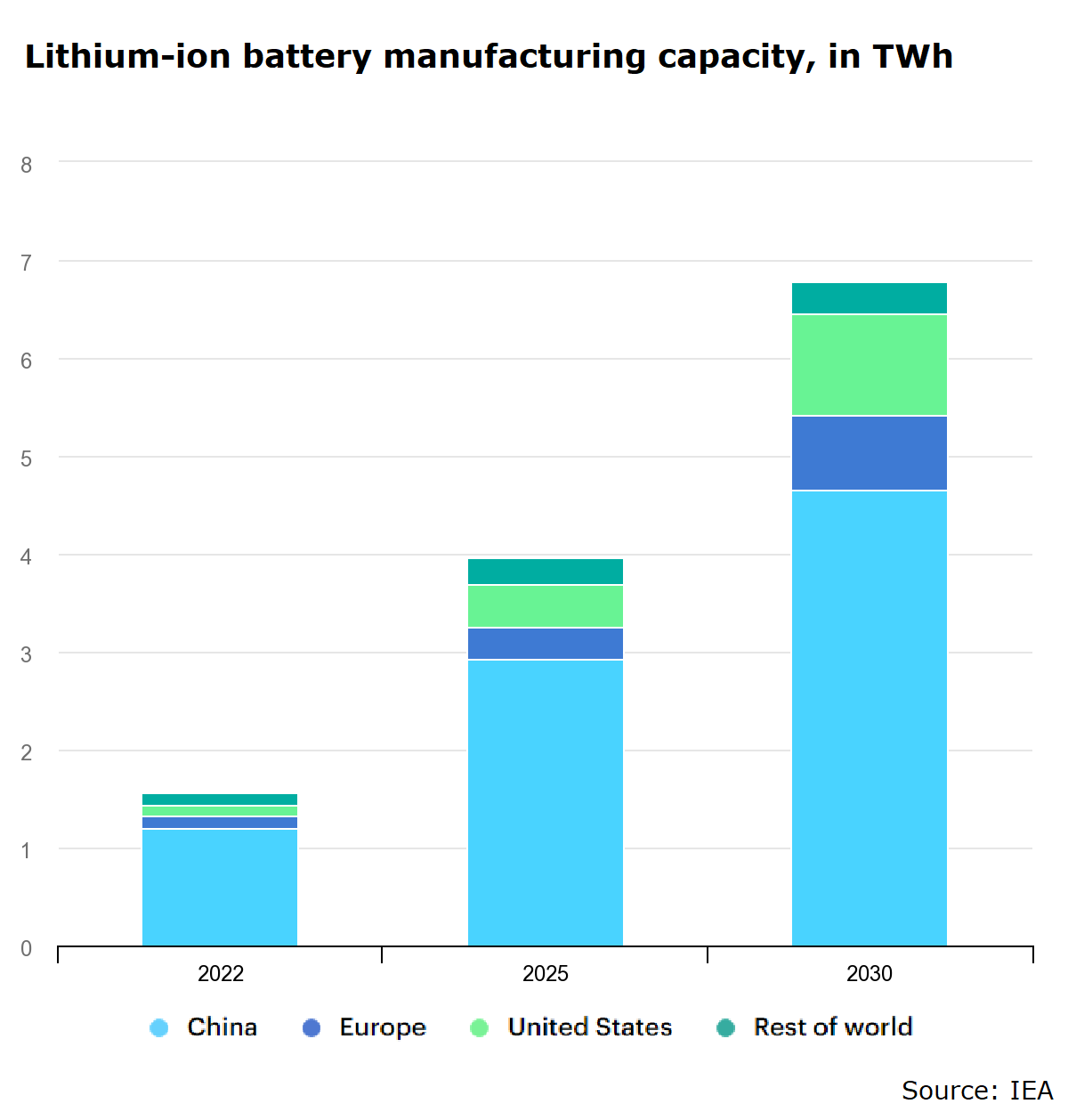US utility disconnects CATL batteries citing security concerns, sparking row
An American company has disconnected large-scale CATL batteries attached to a US military base after politicians raised security concerns, in turn sparking angry reactions from the Chinese company.
US utility Duke Energy announced it had disconnected the CATL batteries from Camp Lejeune, a Marine Corps base in the state of North Carolina. Earlier, US lawmakers and experts had raised concerns about the CATL's close links to the Chinese government.
In addition to potential security threats, the lawmakers warned that the US risked becoming dependent on its rival for the devices, pointing out that Chinese batteries might possess cyber vulnerabilities, thus putting the national energy grid at risk.
CATL hit back at Duke Energy, saying the security accusations were false and misleading. In a statement, the company said its business and products in the US did not collect, sell, or share data, and that its batteries sold in the US market contained only "passive" devices with no communication interface. Further, CATL pointed out that its products had passed safety and security reviews by US authorities.
Zeng Yuqun, CATL's founder and top shareholder, is closely linked with China's ruling Communist Party. Experts have noted that Zeng serves as vice chairman of a trade group that is known to carry out China's economic agenda overseas.
Duke Energy did not reveal when exactly the batteries were disconnected, or how long they would be offline, although company executives did meet lawmakers. In a statement, the company said, "Some concerns about this project have been raised, and, as a result, Duke Energy disconnected these batteries as we work to address these questions."
Duke said the base's energy system was designed with "security in mind" and that the now-disconnected CATL batteries "were not connected in any way to Camp Lejeune's network or other systems."
Threat Analysis
Chinese companies are leaders in the battery space, and America's increasing deployment of large-scale battery energy storage systems (BESS) has sparked security concerns.
Experts say large-scale battery systems often require remote operation and warn that the telecommunications equipment connected to batteries is vulnerable to hacking attempts. They warn that coordinated attacks could knock out the country's energy grid.
In October 2022, a report by the US Department of Energy highlighted risks attached to grid-connected BESS, saying attackers had shifted focus to battery hardware and software suppliers, and were looking to "add backdoor capabilities that permit unauthorized access and control."
In 2023, the US intelligence community's threat assessment deemed China capable of launching cyberattacks that would disrupt critical US infrastructure, thus inducing societal panic and interfering with the US ability to deploy military forces during conflict.

















